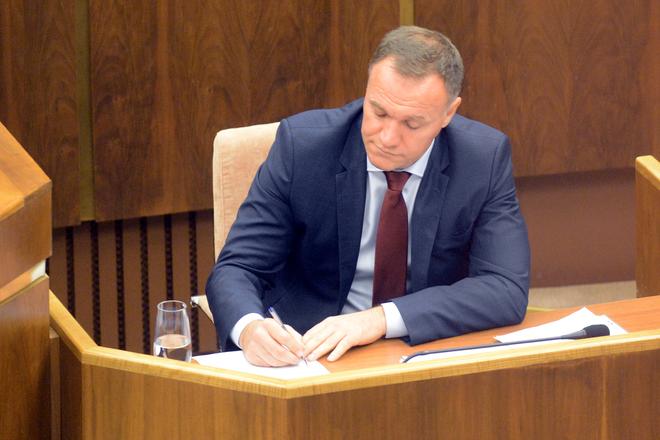These steps will bring changes that are expected to fundamentally affect the transparency and effectiveness of device purchases, Health Minister Viliam Čislák said as quoted by the SITA newswire. He was not able to calculate precisely how much the rules will save but he stressed the focus on transparency and the effort to eliminate suspicions during public procurement.
In the first step, the ministry will create a database of prices of medical technology which will be the base for the public procurement committee for organisations underlying the ministry. It should include average prices of devices for the last three to four years, elaborated in detail so that it is possible to compare devices with the same or similar functions, i.e. to benchmark them.
It will not be possible, however, to compare all devices in this way, ministry analyst Martin Smatana pointed out. Especially the “heavy technology” does not offer enough statistical data to be relevant. Thus, the next step will be to introduce a cost-benefit analysis (CBA), aimed at calculating the payback period of the investment and to analyse whether the planned money could not have been used more effectively for an alternative project. Another goal of the CBA will be to calculate the maximum price of the devices unable to be analysed in the planned database.
First, data from Slovakia and the Czech Republic will be processed, with information from other countries to be added later, the TASR newswire wrote.
The database will be begin being filled next month, and it should be ready within a year for all purchases over €30,000.
In the initial phase, the CBA should be created by the ministry, while later hospitals could do it themselves, SITA wrote.
The last step will be to enhance the ministerial committee in which representatives of health insurers who are supposed to evaluate, as advisors, the need to purchase necessary technology in the region. In the last instance, also representatives of Transparency International will be on the committee as observers and advisors, Čislák added. Hospital trade unions will also have a say.
In the future, these rules may also be expanded to apply to the purchasing of services or licenses.



 Health Minister Viliam Čislák (source: TASR)
Health Minister Viliam Čislák (source: TASR)